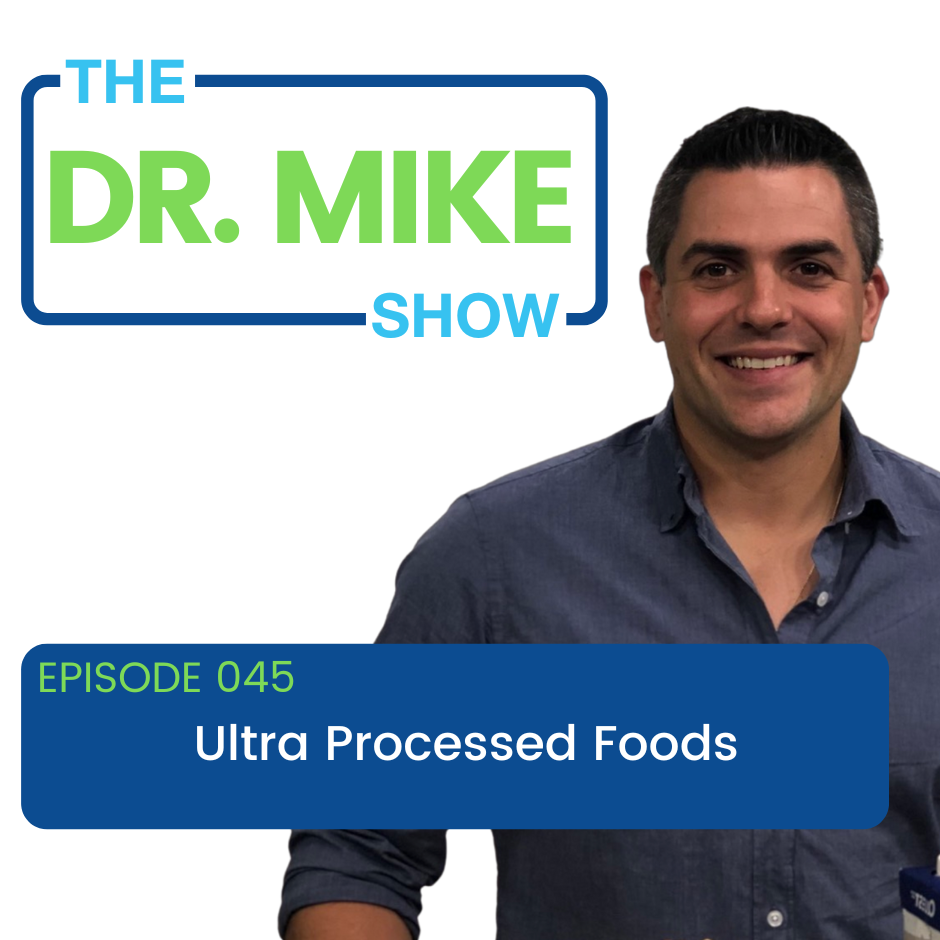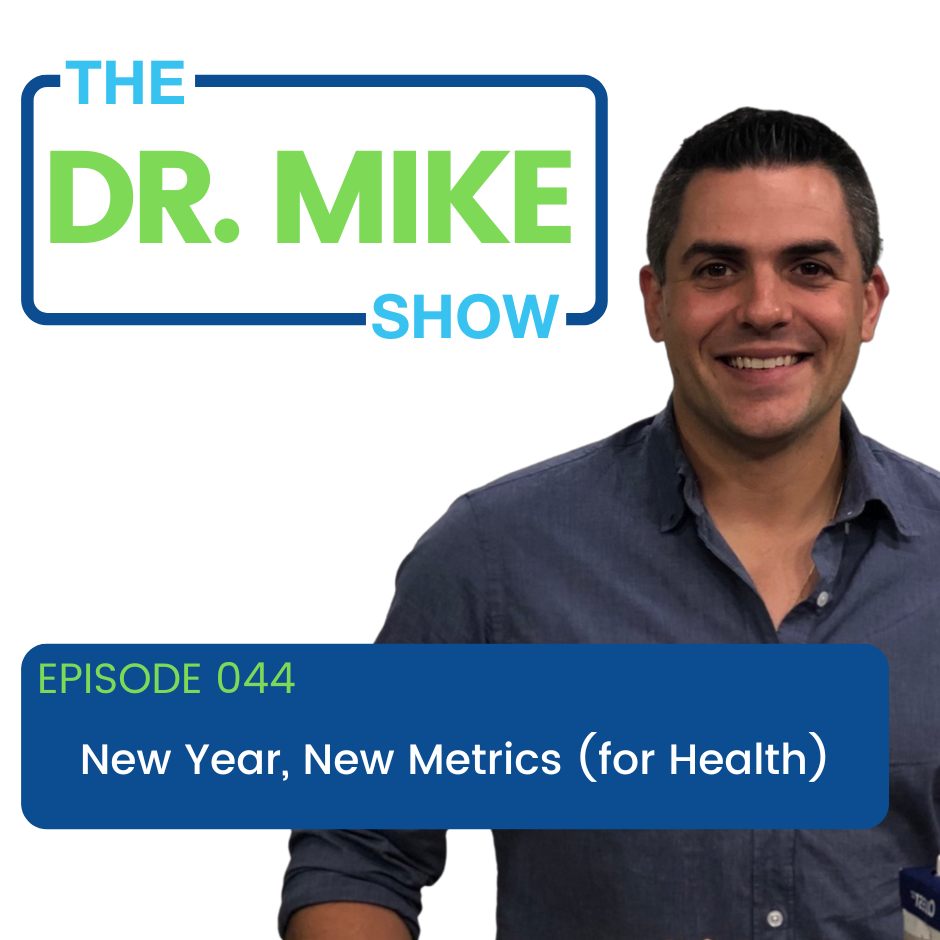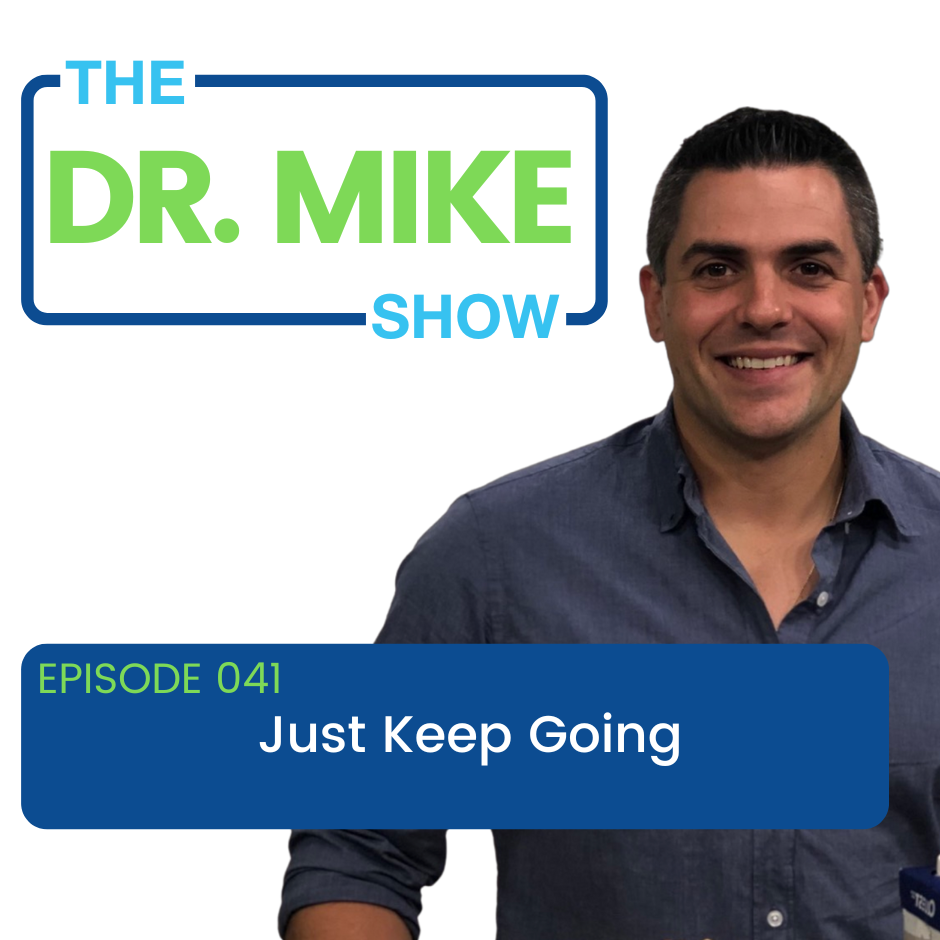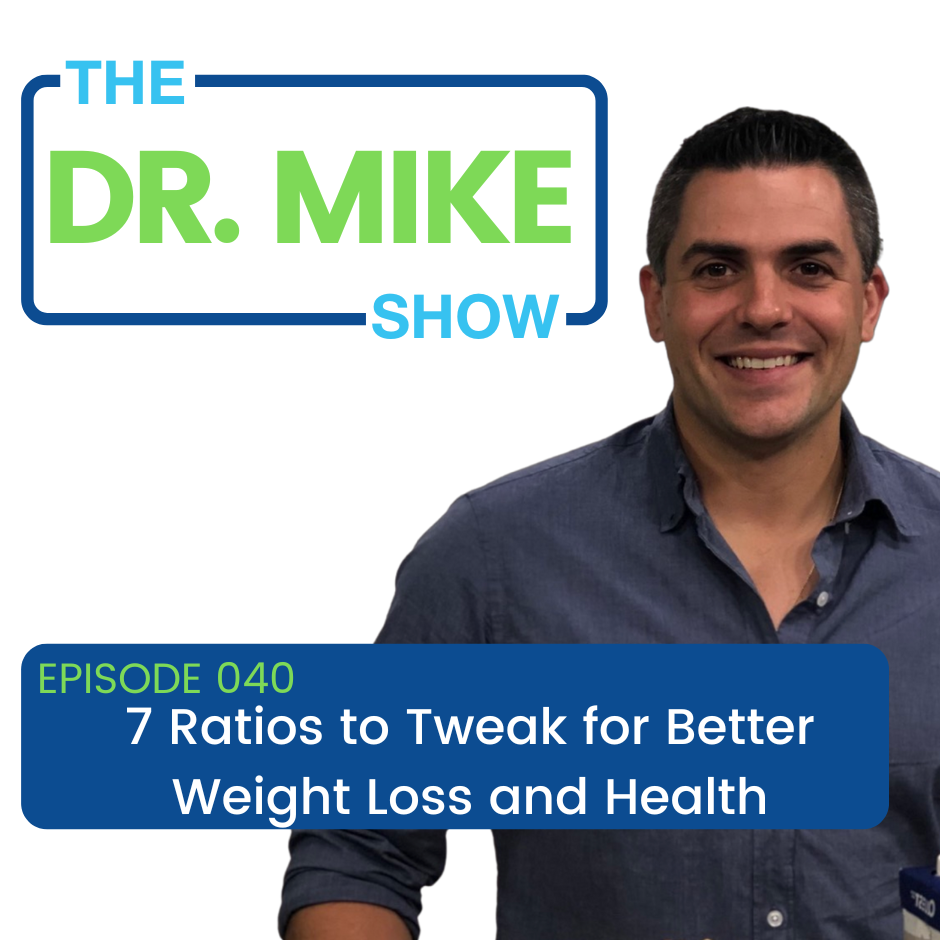For the longest time, fat cells were viewed as these ever-growing storage blobs full of fat that just sat there. This could not be further from the truth, but unfortunately, this information hasn’t been very well published. The truth about fat cells is that they are dynamic cells that play a significant metabolic and hormonal role in your body. Fat cells even release their own set of fat cell-specific hormones called adipokines. There are a variety of adipokines with a variety of effects on your body and health, but today I wanted to just focus on one, adiponectin.
As a hormone, adiponectin is just short of amazing. It enhances the effectiveness of the hormone insulin (the hormone responsible for blood sugar regulation) while also being anti-inflammatory AND increasing the rate in which our cells burn up stored fat . The more adiponectin your fat cells release, the better.
Adiponectin has also been shown to be a good (and very consistent) predictor of future risk of type 2 diabetes (an epidemic that we are on a Armageddon collision course with, and Harry Stamper is no where in sight to save us).
Adiponectin is great because it is rather responsive to lifestyle change. A 2010 analysis of a 4 year diet and exercise intervention study, published in Archives of Internal Medicine, showed in a rather conservative secondary analysis (secondary analyses are analyses done by researchers who are exploring questions which are different from the original research question that the study was designed to test) that combining a healthy diet (calorie controlled, high fruit/veg, high fiber, dairy products, etc) with regular exercise (30 min a day, 5 days a week – nothing fancy or complicated) yielded an increase in adiponectin levels that would reduce risk of type 2 diabetes by 28%.
I like adiponectin because it is a hormone that responds to your actions.
Do you want higher adiponectin levels?
Move more.
Eat better (more omega-3s, more fiber, etc).
Lose weight.
Do these things, and adiponectin goes up and rewards you by further enhancing your ability to lose weight (and potentially eat more). Adiponectin responds to a plan in action not a wish list (see below video).
Adiponectin is not a hormone that doctors will routinely test, but if you are concerned with optimizing your health as you age, then getting your adiponectin level measured each year may be a prudent choice, because adiponectin doesn’t change with age. It instead changes in an inverse manner to body fat percentage, visceral fat, and insulin levels.
An annual adiponectin measurement will allow you to benchmark the progression/regression of your health, independent of your age.
No excuses about getting sicker due to ‘getting older’, just getting sicker because healthy behaviors are lacking. This is an annual reality check we could all benefit from.





